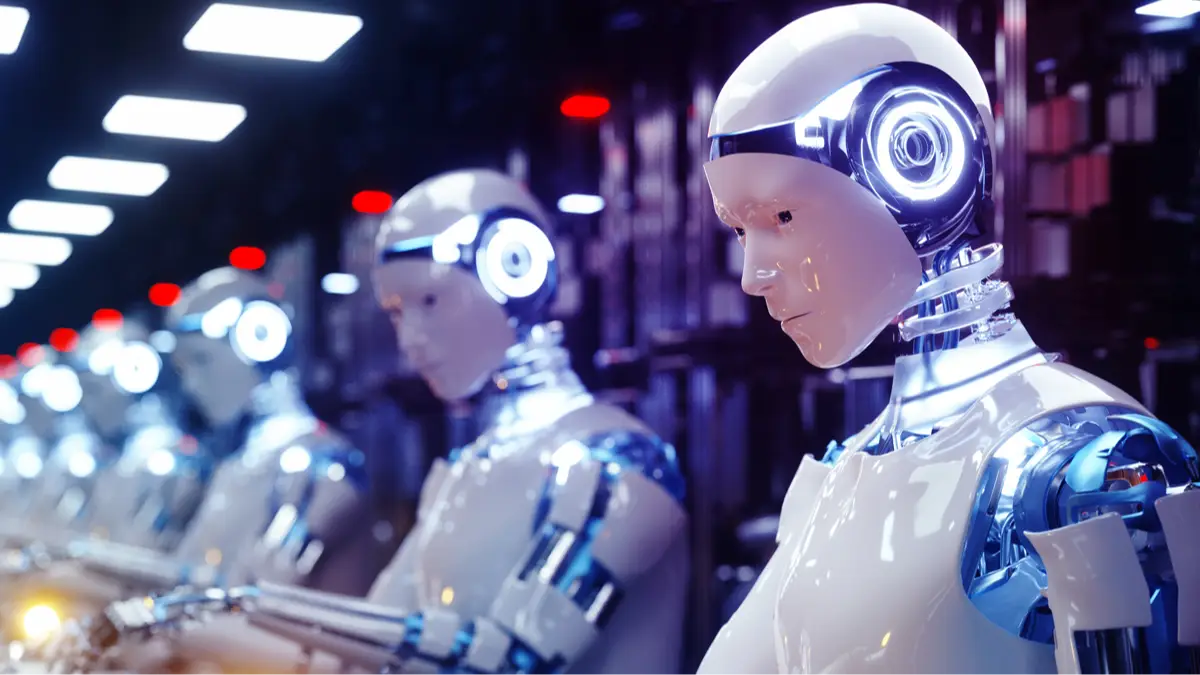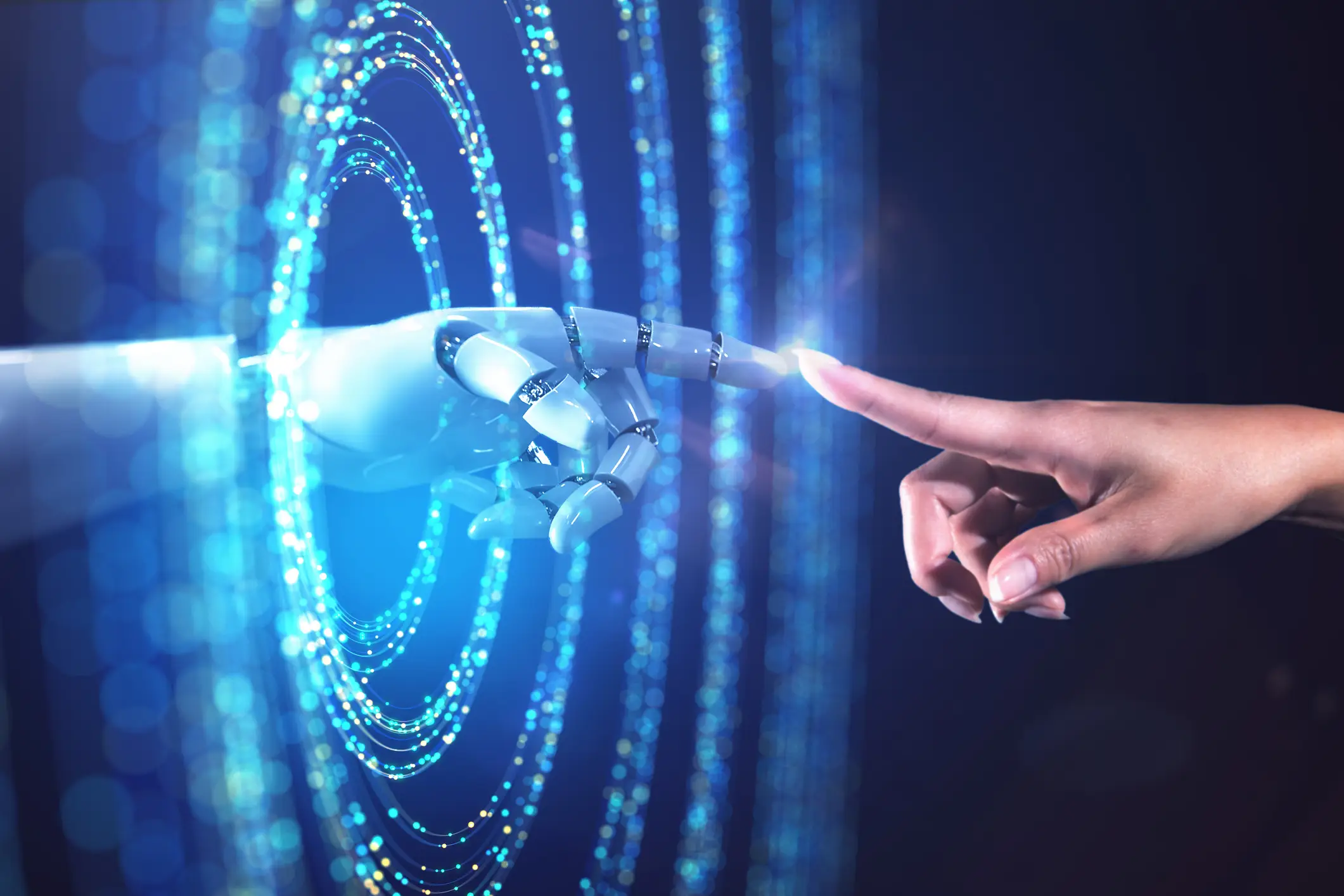
A new study has revealed 44 jobs that are most likely to be replaced by artificial intelligence (AI) amid Bill Gates' thoughts on what three jobs will get the chop first.
Advancements in technology in recent years has meant a subsequent push on AI and how it is used in industry, and even by the general public.
ChatGPT is becoming more mainstream, though the worry that AI could push people out of jobs in the near future is very much real.
And now the company behind ChatGPT — OpenAI — has been working on a study that looked into the jobs most likely to cease to exist due to the development of AI.
Advert
The team over there used a specialized test known as GDPval to see how technology stacked up against human workers in nine sectors across the US, and whether AI could ultimately perform the tasks humans are currently being paid to do.

The result? Well, 44 types of jobs most likely at risk as the presence of AI in everyday life continues to increase.
Software developers, private investigators, and sales managers could be a thing of the past, alongside film and video editors, and even lawyers.
The full list of 44 jobs are:
- Concierges
- Property, real estate, and community association managers
- Real estate sales agents
- Real estate brokers
- Counter and rental clerks
- Recreation workers
- Compliance officers
- First-line supervisors of police and detectives
- Administrative services managers
- Child, family, and school social workers
- Mechanical engineers
- Industrial engineers
- Buyers and purchasing agents
- Shipping, receiving, and inventory clerks
- First-line supervisors of production and operating workers
- Software developers
- Lawyers

- Accountants and auditors
- Computer and information systems managers
- Project management specialists
- Registered nurses
- Nurse practitioners
- Medical and health services managers
- First-line supervisors of office and administrative support workers
- Medical secretaries and administrative assistants
- Customer service representatives
- Financial and investment analysts
- Financial managers
- Personal financial advisors
- Securities, commodities and financial services sales agents
- Pharmacists
- First-line supervisors of retail sales workers
- General and operations managers
- Private detectives and investigators
- Sales managers
- Order clerks
- First-line supervisors of non-retail sales workers
- Sales representatives, wholesale and manufacturing, except technical and scientific products
- Sales representatives, wholesale and manufacturing, technical and scientific product
- Audio and video technicians
- Producers and directors
- News analysts, reporters, and journalists
- Film and video editors
- Editors
All of these jobs are split into different categories: real estate and renting and leasing, government, manufacturing, professional, scientific, and technical services, health and social care assistance, finance and insurance, retail trade, wholesome trade information.
The team at OpenAI looked at the percentage that AI is performing better than humans, and the scores were different by category.
For example, a 'win rate' of 49 percent was recorded for real estate and renting and leasing, while government achieved 52 percent.
On the lower end of the scale, information, including jobs such as a reporter and video editor, scored a 33 percent 'win score'.
OpenAI chose the nine specific industries based on those contributing over 5 percent to US GDP, which was provided by data from the Federal Reserve Bank of St. Louis.
It comes after Bill Gates shared his thoughts on what jobs he think will survive the advancement of AI for now, with the tech mogul picking out coders, energy experts, and biologists.
Conversely, Data and administration jobs, customer service, and those in assembly line could be first to face the brunt of the controversial, world-shaping technology.
Topics: Artificial Intelligence, Jobs, Technology
